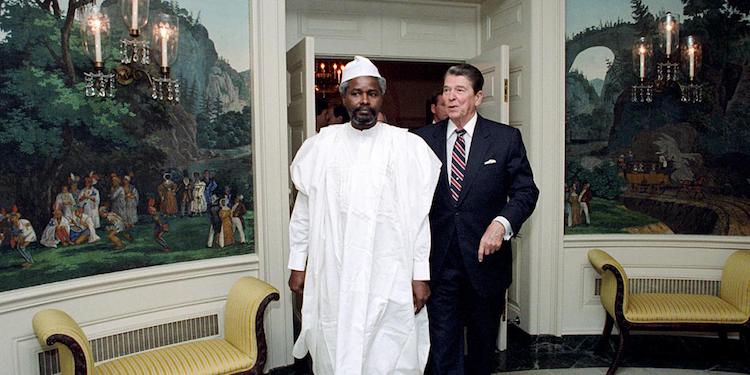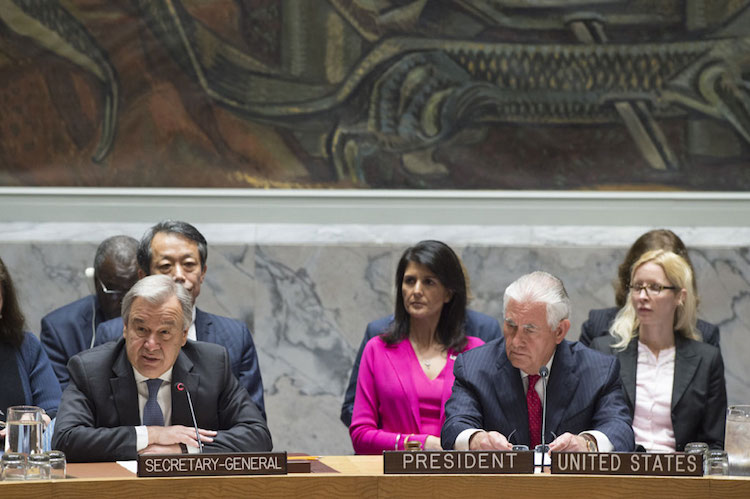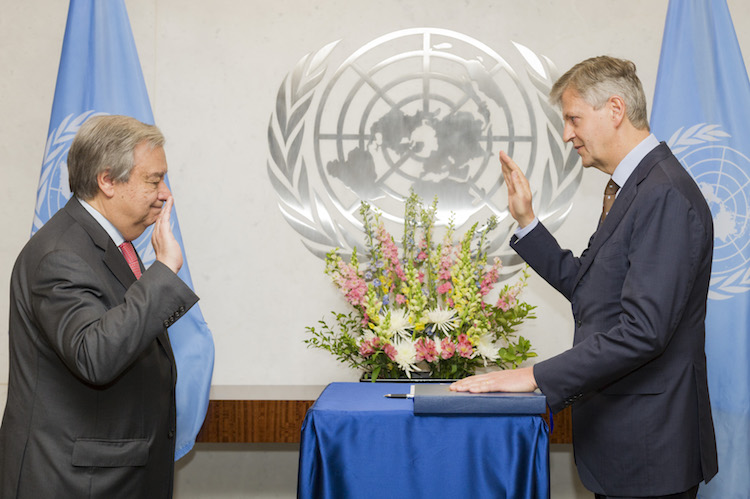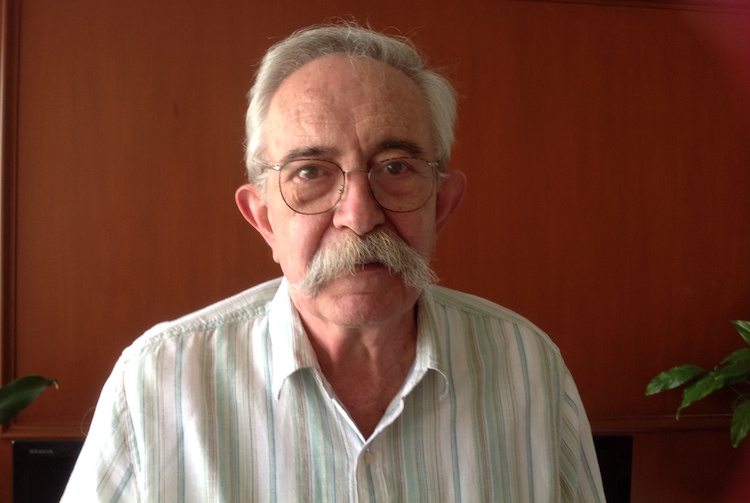Viewpoint by Jonathan Power*
LUND, Sweden (IDN-INPS) – Last May a court in Senegal convicted and sentenced to life-imprisonment Hissène Habré, the former ruler of Chad, for the crime of torture and crimes against humanity. On April 27, 2017 an appeal court upheld the sentence and now Habré, who ran from Chad after a coup in a military transport that airlifted him, his entourage and a Mercedes to what he hoped would be a luxurious exile in Senegal, is languishing in an ordinary prison cell.
Habré’s government killed more than 40,000 people during his presidency from 1982 to 1990, when he was deposed. The American government made a last minute effort to save but failed. He had long been an important, if secret, ally. He was, according to Michael Bronner, writing in the respected Foreign Policy magazine in January 2014, “The centrepiece of the Reagan Administration’s attempt to undermine Muammar Gadaffi who had become an increasing threat and embarrassment to the US with his support of international terrorism”.










